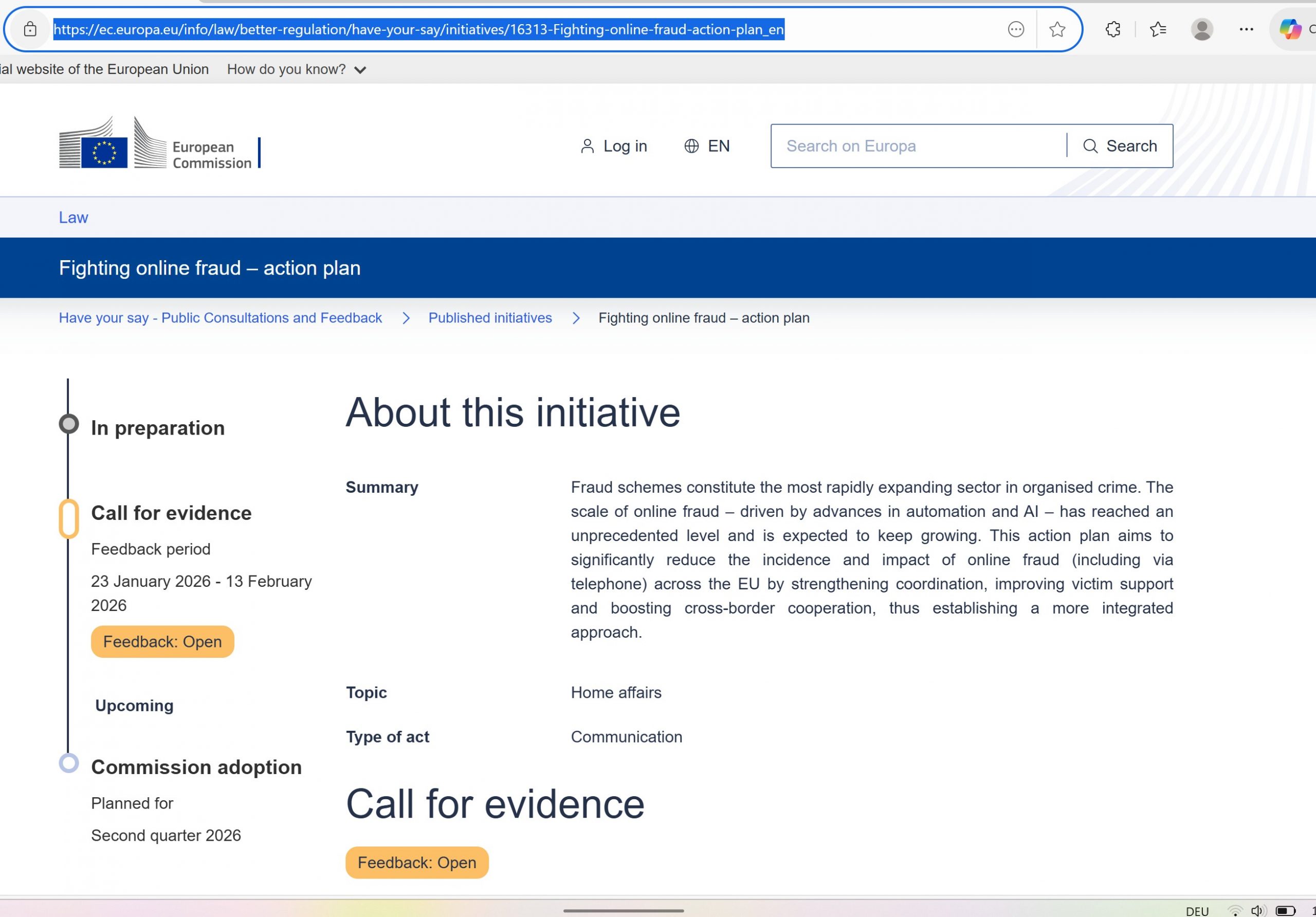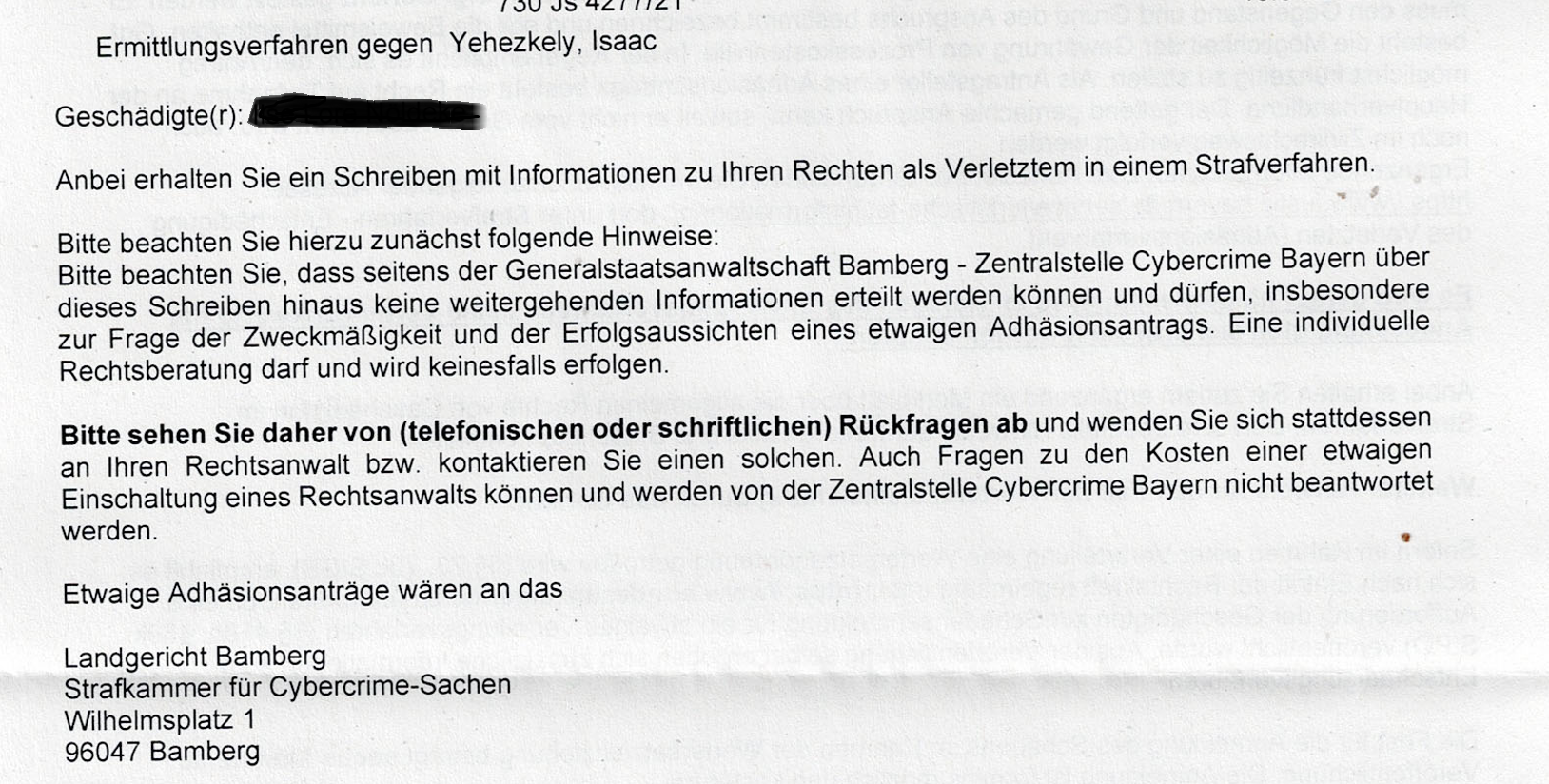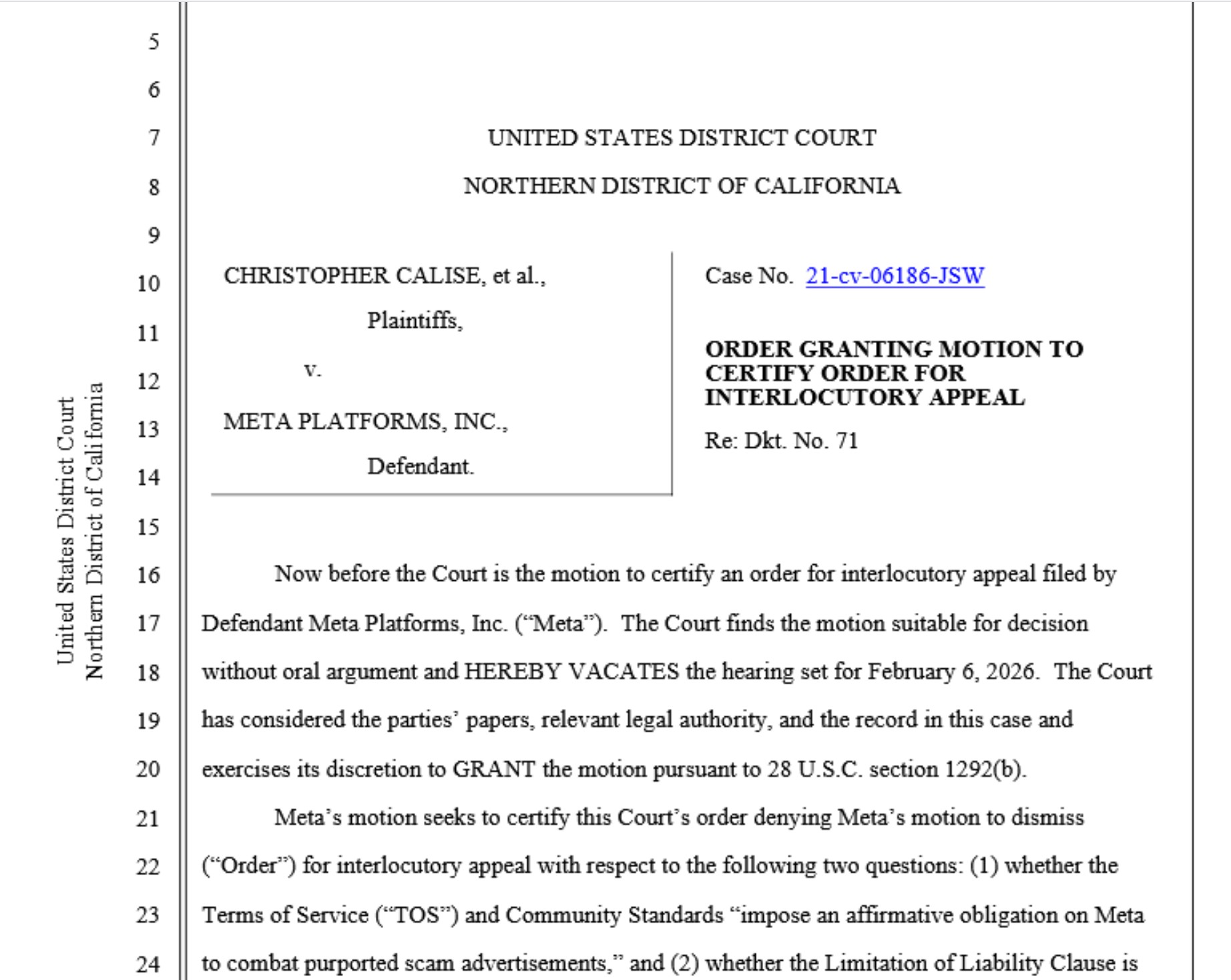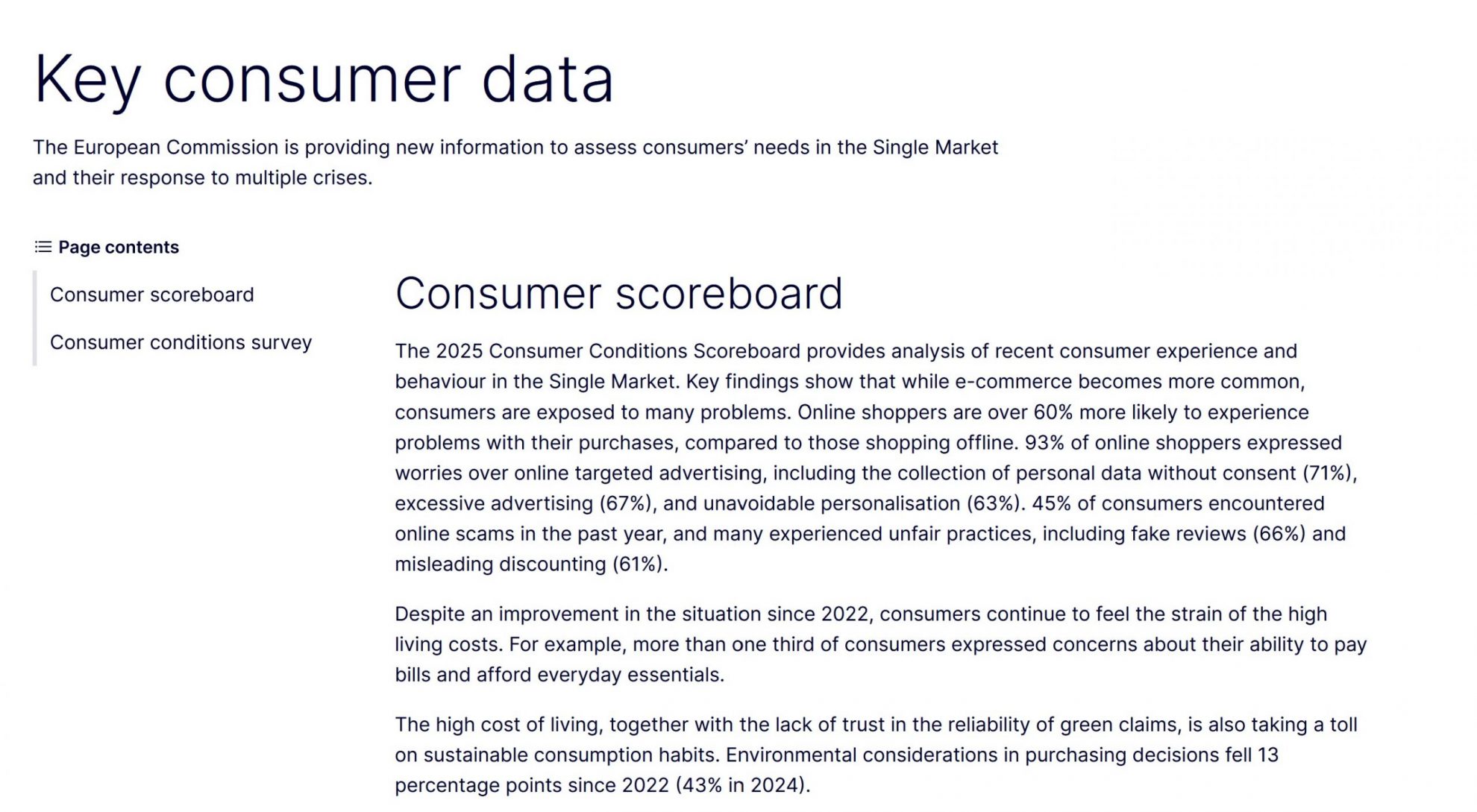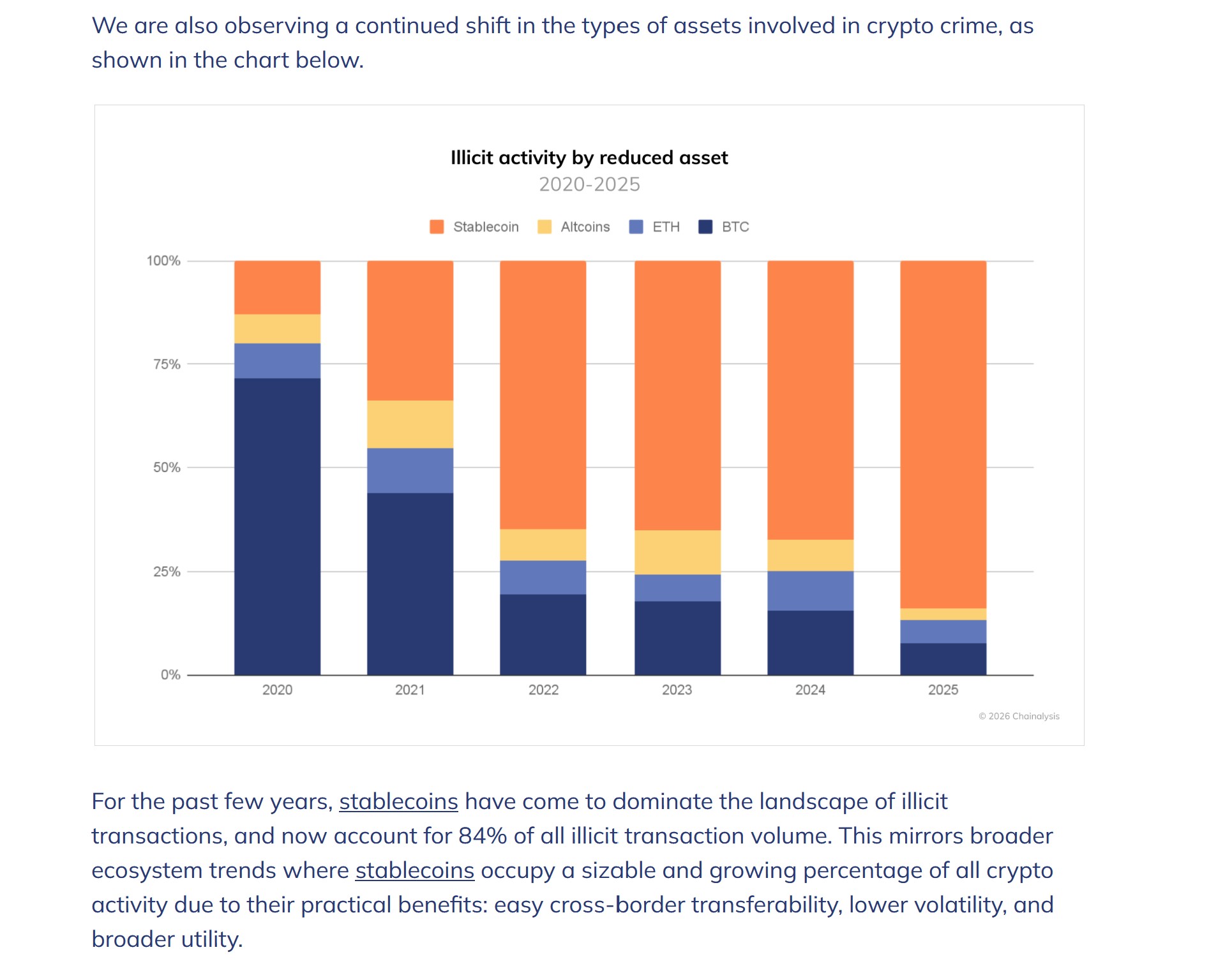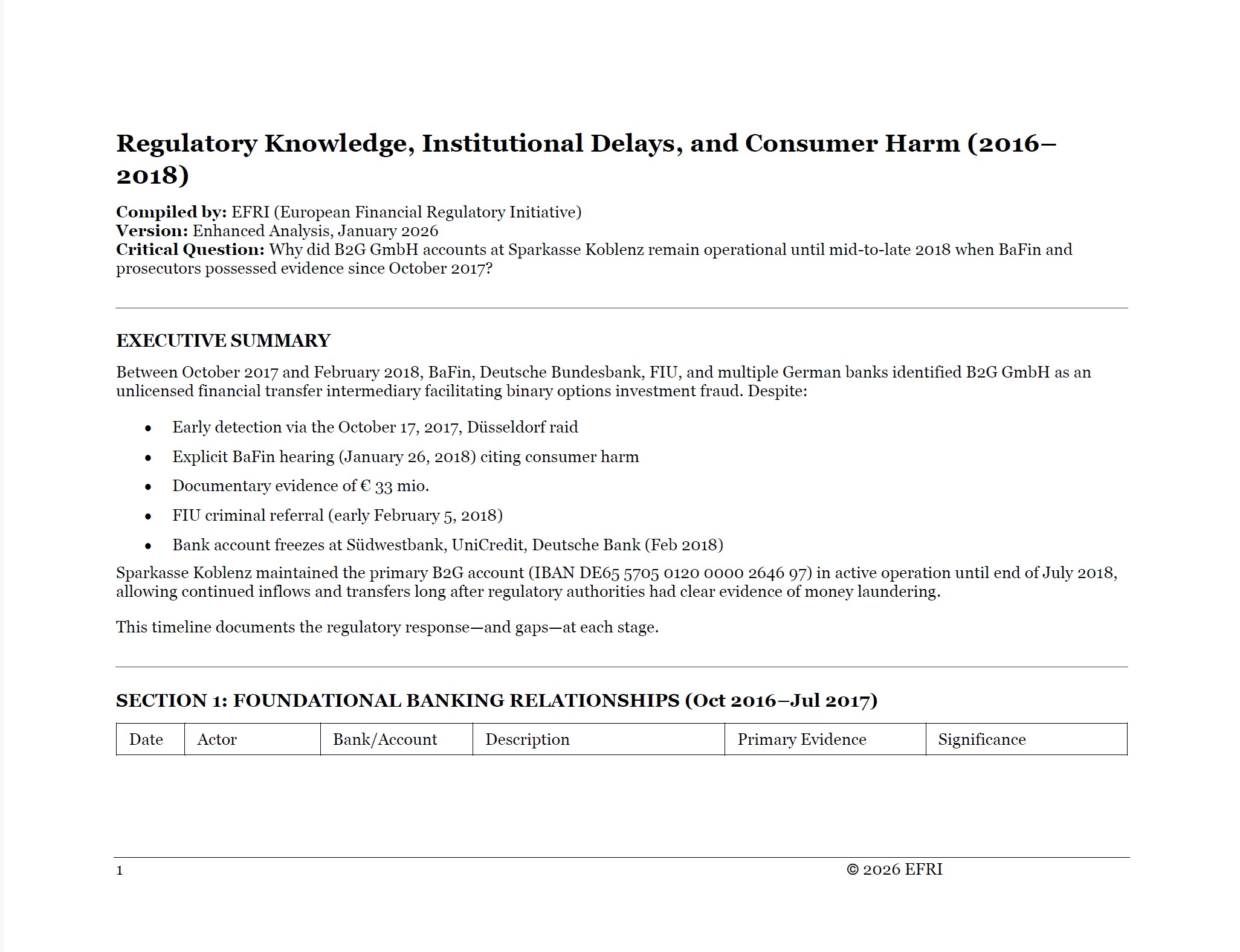As previously discussed, United Kingdom is undeniably the frontrunner in financial crime in Europe. Being one of the global headquarters for financial services comes with a high price for the British people. In 2023, according to the UK Finance Fraud Report 2024, Britons lost approximately £459.7 million to Authorised Push Payment (APP) fraud, which includes purchase scams, online investment schemes, and criminals tricking victims into sending them money via credit transfers.
So several measures are considered to tackle the massive payment fraud issue.
Mandatory reimbursement rules for APP fraud
In a significant effort to restore trust in financial services and safeguard vulnerable European consumers, the British watchdog, the Payment Systems Regulator (PSR), has introduced new mandatory reimbursement rules for victims of authorised push payment (APP) fraud, which will take effect on 7 October 2024. The Payment Systems Regulator (PSR) is the UK’s independent economic regulator of payment systems – the only dedicated payment systems regulator in the world (regulates 40 billion payments worth over £92 trillion each year). The PSR’s objectives are to promote competition, innovation, and the interests of service users.
From 7 October 2024 onwards, sending payment service providers (PSPs), including building societies, e-money companies, remittance services and credit card issuers, must fully reimburse consumers, including microenterprises and charities, who are victims of APP fraud for payments made over Faster Payments. The reimbursement is capped at £415,000 per claim.
In specific the rules provide that:
- Sending PSPs must reimburse victims within five business days but can pause the process under certain circumstances to gather more information, up to a maximum of 35 business days.
- Receiving PSPs must respond to a sending PSP’s requests for further information related to an APP fraud claim.
- The reimbursement cost will be split 50/50 between sending and receiving PSPs. Sending PSPs can charge a voluntary excess of up to £100 per claim, except for vulnerable consumers.
- Consumers must promptly report the APP fraud to their PSP within 13 months of the last relevant payment. They must also provide reasonable information to help assess the claim.
- If a consumer has been grossly negligent in meeting the “consumer standard of caution” (e.g. not heeding fraud warnings), the PSP can refuse reimbursement, except for vulnerable consumers.
- The PSR will publish APP fraud data annually to increase transparency and incentivise PSPs to improve fraud detection and prevention.
In summary, the rules aim to ensure consistent reimbursement, as the voluntary reimbursement regime was not effective, and to encourage PSPs to enhance their APP fraud controls while also placing some responsibilities on consumers.
FCA's proposed "name and shame approach"
Another promising measue in tackling payment fraud is the new proposed name and shame policy of the Financial Conduct Authority (FCA).
In its Consultation Paper 24/2 (the ‘CP’), published in February 2024, the UK Financial Conduct Authority (FCA) proposed publishing more information about its investigations intos in payment companies, including the name of the firm being investigated.
The new proposed name and shame approach is argued as follows:
Firstly, transparency is the cornerstone of a healthy financial system. By publicly disclosing firms under investigation, the FCA demonstrates its commitment to holding businesses accountable for their actions. An investigation signals to the market that the FCA has found sufficient evidence to warrant further scrutiny. This transparency fosters trust among investors, consumers, and stakeholders, ensuring that any misconduct will be addressed promptly and openly.
Secondly, naming and shaming firms under investigation acts as a deterrent against unethical behaviour. It’s like a neon sign flashing “Play Fair or Pay the Price.” Public scrutiny serves as a powerful incentive for firms to adhere to regulatory standards and conduct business ethically. The possibility of their actions being made public motivates firms to prioritise compliance and ethical practices, ultimately reducing the likelihood of misconduct.
As expected, the lobby of the payment industry is not pleased about the upcoming mandatory reimbursement rule and the proposed “name and shame approach” approach by the FCA. The banking lobby is already putting pressure on the Payment Systems Regulator to adjust or at least to postpone the implementation and on the FCA to rethink their proposed “name and shame approach.
For the sake of the vulnerable consumers, let us all hope that the banking lobby will not succeed in fighting these urgently needed measures to tackle payment fraud.
Update (3 October 2025): Final UK rules now in force
Since 7 October 2024, the UK’s mandatory reimbursement regime for APP fraud has been live across both Faster Payments and CHAPS.
Cap: Reimbursement is capped at £85,000 per claim (FPS and CHAPS).
Timing: Sending PSPs must reimburse within 5 business days; they may pause (“stop the clock”) only in limited cases, and must close the claim within 35 business days.
Cost split & excess: The cost is shared 50/50 between the sending and receiving PSPs. A £100 excess may be applied by the sending PSP (not to vulnerable consumers).
Claim window: Consumers generally have 13 months from the last relevant payment to claim.
Scope limits: Applies to domestic FPS/CHAPS payments; not to international payments, card disputes/civil disputes, or payments before 7 Oct 2024.
Exceptions & burden of proof: Reimbursement can be refused only for first-party fraud or gross negligence under the “consumer standard of caution”; the burden of proof is on the PSP.
Related developments: the FCA dropped its proposed “name-and-shame” policy for enforcement investigations (March 2025).
Government is also consulting on consolidating the PSR into the FCA; this does not change the reimbursement rules currently in force. Consultation closes 20 October 2025.
For context, industry data show APP-fraud losses fell in 2024, following multiple interventions (including reimbursement).


